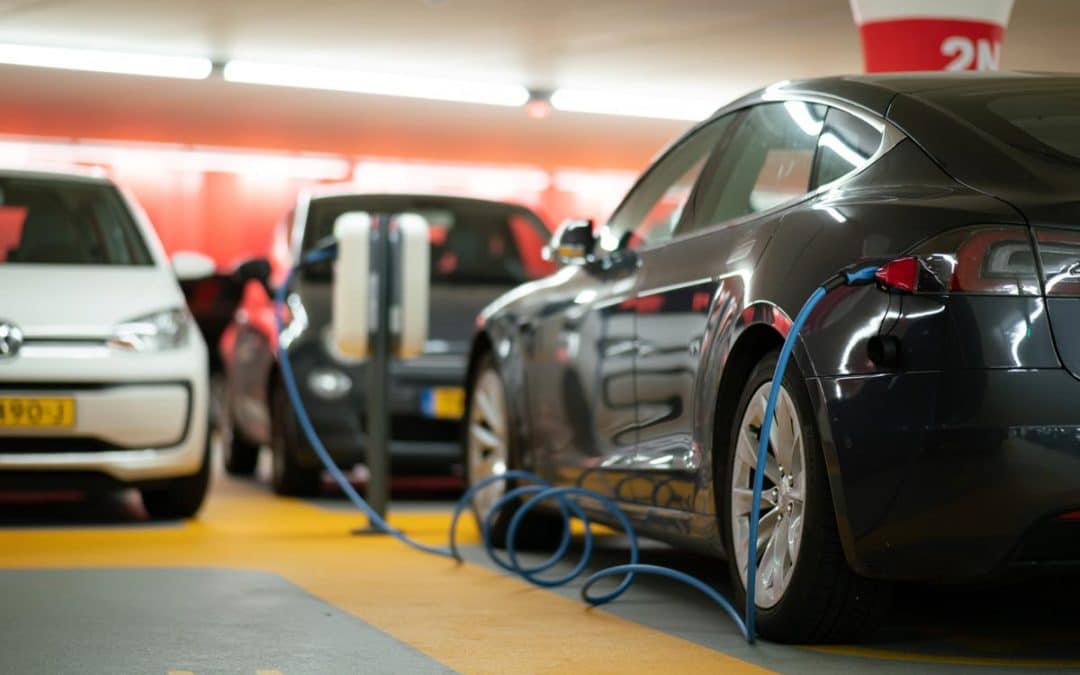Conducted by the Arval Mobility Observatory and the CSA institute with a panel of 3613 companies across Europe, the 2019 fleet barometer unveils every year the main trends regarding fleet management. And in this year edition we can observe deep changes in the way companies approach employees’ mobility and energy transition.
As for every year since 2004, the Fleet Barometer draws the big lines of fleet management in Europe. And this year, the results are often symptomatic of new european regulations.
An energy transition shaped by the WLTP
To answer these regulations, 21% of surveyed fleet managers already introduced vehicles with alternative motorization in their car policies. In very big companies, this number goes up to 42%! The most popular option remains hybrid (14%) followed by electric vehicles (12%). France is the third country, after Netherlands and England, to plebiscite the introduction of alternative energies in corporate fleet. The growth potential is also very strong, going up to 51% in France for example.
“Every year, we try to anticipate the main trends and to observe how managers see the future of their vehicle fleet. This new edition unveils deep changes, fast ones too, in the perception of their staff’s travels.” François Piot, president of the Arval Mobility Observatory
Managers are still confident in the growth of their fleets in the next three years (18%) but the choice of vehicles is made more carefully than ever. The reason? The entry into force of the WLTP cycle at the beginning of 2020. 47% of surveyed companies consider that these new anti-pollution norms already have or will have in the three following years a deep impact on their fleet management.
In order to better monitor their vehicles’ carbon footprint as well as their use rate, more and more companies are taking action to improve their fleet management.

Improving fleet management
It’s mostly in large (46%) and very large companies (83%) that measures are taken. The first objectives of theses initiatives? To ensure a better maintenance of the vehicles (79%), to optimize travels (74%) and to reduce fuel consumption (72%).
We can divide these issues in two main categories: the improvement of vehicles management (maintenance, mileage, fuel monitoring…) and of drivers behavior (accidents, driving habits, optimization of travels…).
Nonetheless, a pretty surprising fact emerges from this survey: only 21% of surveyed companies are using telematic solutions. A rather weak percentage comparing to the strong will to improve fleet management. Indeed, telematics can be a big help when it comes to improving vehicles management.
For companies using these kind of technologies, it’s mainly about geolocating vehicles (49%) and reducing maintenance fees (33%).
These are recurring issues for large and very large companies, owning a more important volume of vehicles. In this kind of configuration, the necessity of telematics services is more obvious. Nevertheless, only 46% of companies using telematics also have a solution treat collected datas.

Opposite of this stagnation concerning the use of telematics, a trend is on the rise: the use of alternative mobilities rather than individual company vehicle.
Alternative mobilities are getting popular
Carpooling (24%) steals the first place in this alternative corporate mobilities race, followed closely by carsharing (17%) and the mobility credit (10%)! The development potential of these services is more important in bigger companies (43% in Europe for carsharing, up to 60% in France!) For carsharing, the countries where growth opportunities are stronger are Turkey (38%), Switzerland (34%), England (31%) followed by France (29%).

It is also interesting to observe that the bigger a corporate fleet is, the more ready is a company to give up a part of its fleet in favor of alternative mobility services. For example, in France, 30% of surveyed companies are ready to make these changes by introducing carsharing (+12 points compared to 2018).
We can observe that a shift is happening in order to optimize in the most effective way possible corporate vehicles. And to answer to new generations expectations! 17% of very large companies (6% for all categories) are willing to develop specific services for their younger staff. Employees that were raised with digital uses and don’t necessarily own a driving permit. Among considered services, carpooling (76%) and carsharing (65%) are still popular options!
We can observe in this 2019 edition of the fleet barometer that new factors, both environmental and behavioral, are taken into account. Driven by a stricter regulatory framework and use changes, fleet managers are rethinking, slowly but surely, corporate mobility.











0 Comments